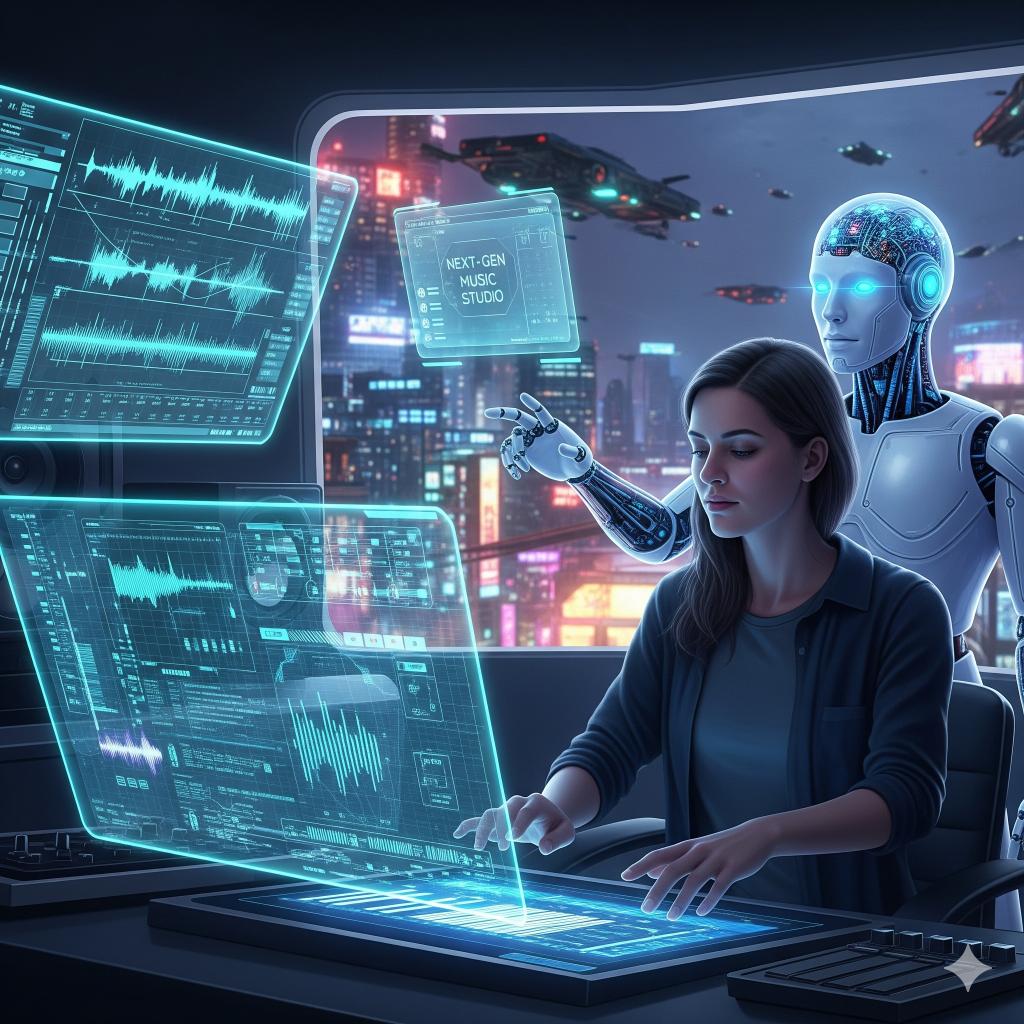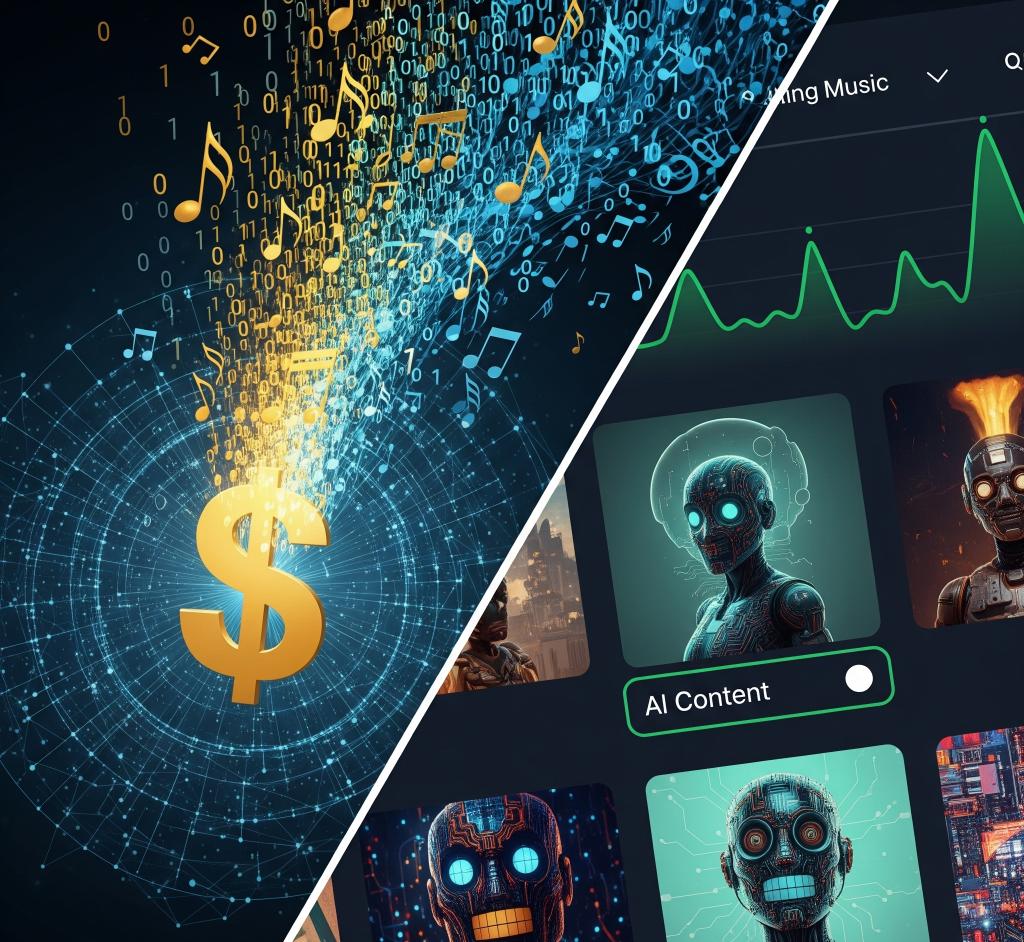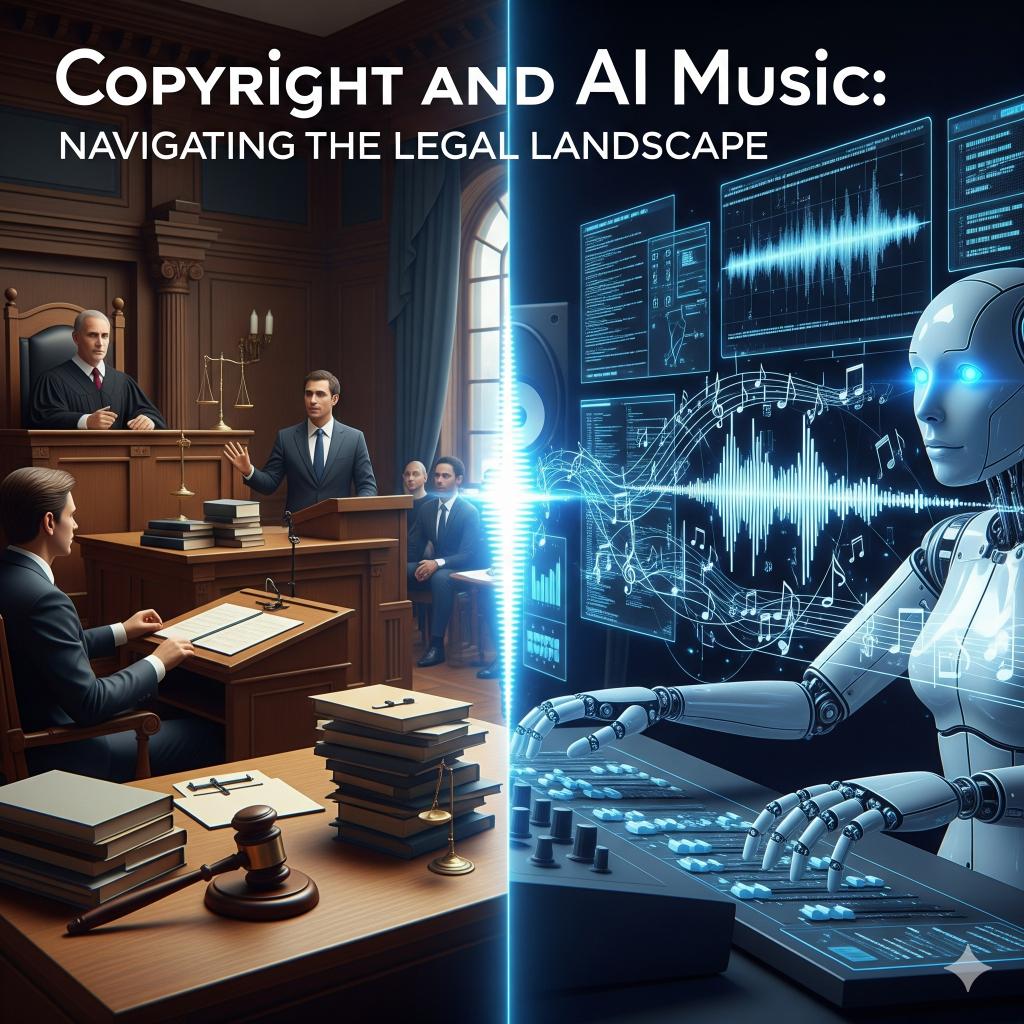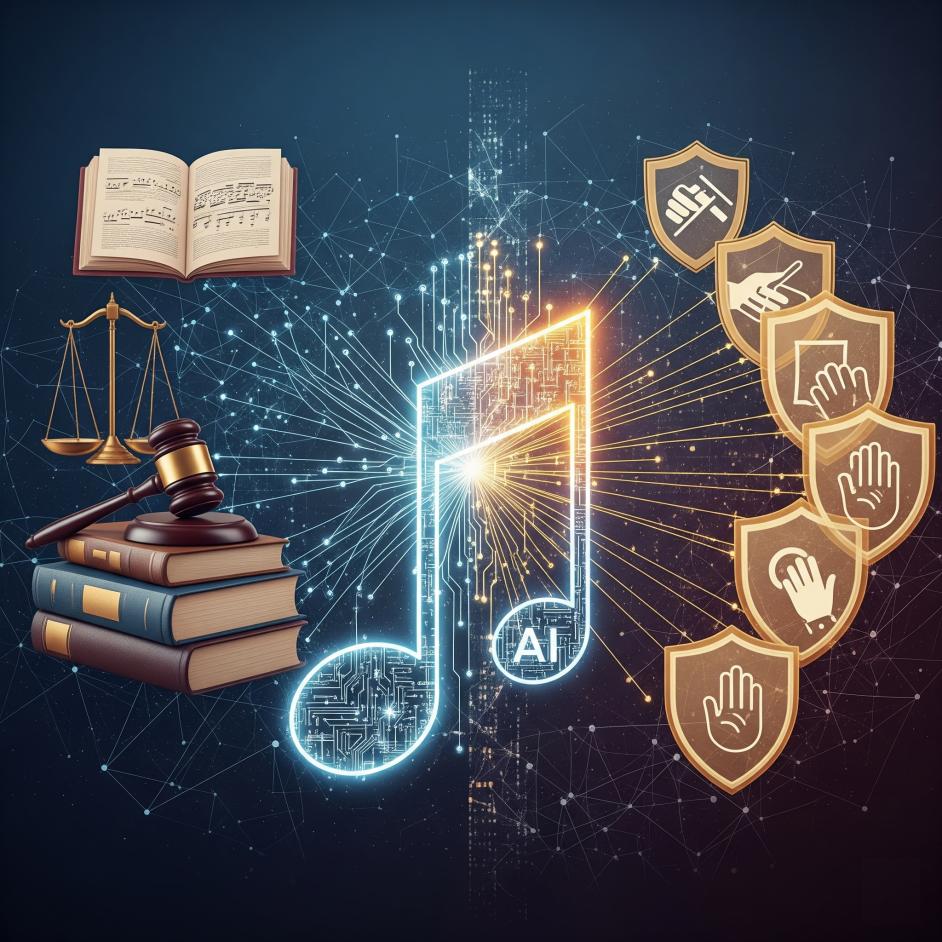
The New Musical Economy: AI Enters the Marketplace
The music industry stands at the precipice of a fundamental economic transformation. As AI-generated content floods streaming platforms, traditional models of artist compensation, content curation, and revenue distribution face unprecedented challenges. This shift represents both a threat to established players and an opportunity for innovative business models.
How Streaming Giants Are Responding
Major streaming platforms are taking varied approaches to AI-generated content, each trying to balance innovation with artist protection and user experience.
Spotify's Strategy:
- Implementing AI detection algorithms to identify machine-generated content
- Creating separate categories for AI music
- Adjusting recommendation algorithms to balance human and AI content
- Developing partnerships with AI music companies for exclusive content
Apple Music's Approach:
- Emphasizing human curation as a differentiator
- Strict labeling requirements for AI-generated music
- Premium placement for human-created content
- Investment in exclusive human artist content
YouTube Music's Position:
- Leveraging AI for content creation tools for creators
- Transparent labeling systems
- Revenue sharing models that account for AI assistance
- Integration with YouTube's broader creator economy
The Economic Disruption: Numbers and Trends
The financial implications of AI music are staggering and multifaceted:
Cost Reduction:
- AI music production costs: $50-500 per track vs. $10,000-100,000+ for traditional studio production
- Elimination of session musician fees, studio rental, and mastering costs
- Reduced time from concept to release (hours vs. months)
Volume Explosion:
- Estimated 40,000+ AI tracks uploaded daily across all platforms
- 100x increase in music catalog growth rate
- Dramatic dilution of per-stream royalty pools
Royalty Models Under Pressure
Traditional royalty distribution is crumbling under the weight of AI-generated content volume:
Current Challenges:
- Stream Dilution: Massive increase in content leads to smaller payouts per human artist
- Attribution Complexity: Determining ownership when AI is trained on existing music
- Quality vs. Quantity: Low-effort AI content competing with high-investment human productions
- Fraudulent Claims: Bad actors using AI to create fake catalogs for stream manipulation
Emerging Solutions:
- Tiered royalty systems based on production method
- Quality thresholds for monetization eligibility
- Separate pools for AI vs. human-generated content
- Blockchain-based transparent attribution systems
Innovative Business Models Emerging
The AI music revolution is spawning entirely new economic models:
AI-as-a-Service (AIaaS) for Music:


